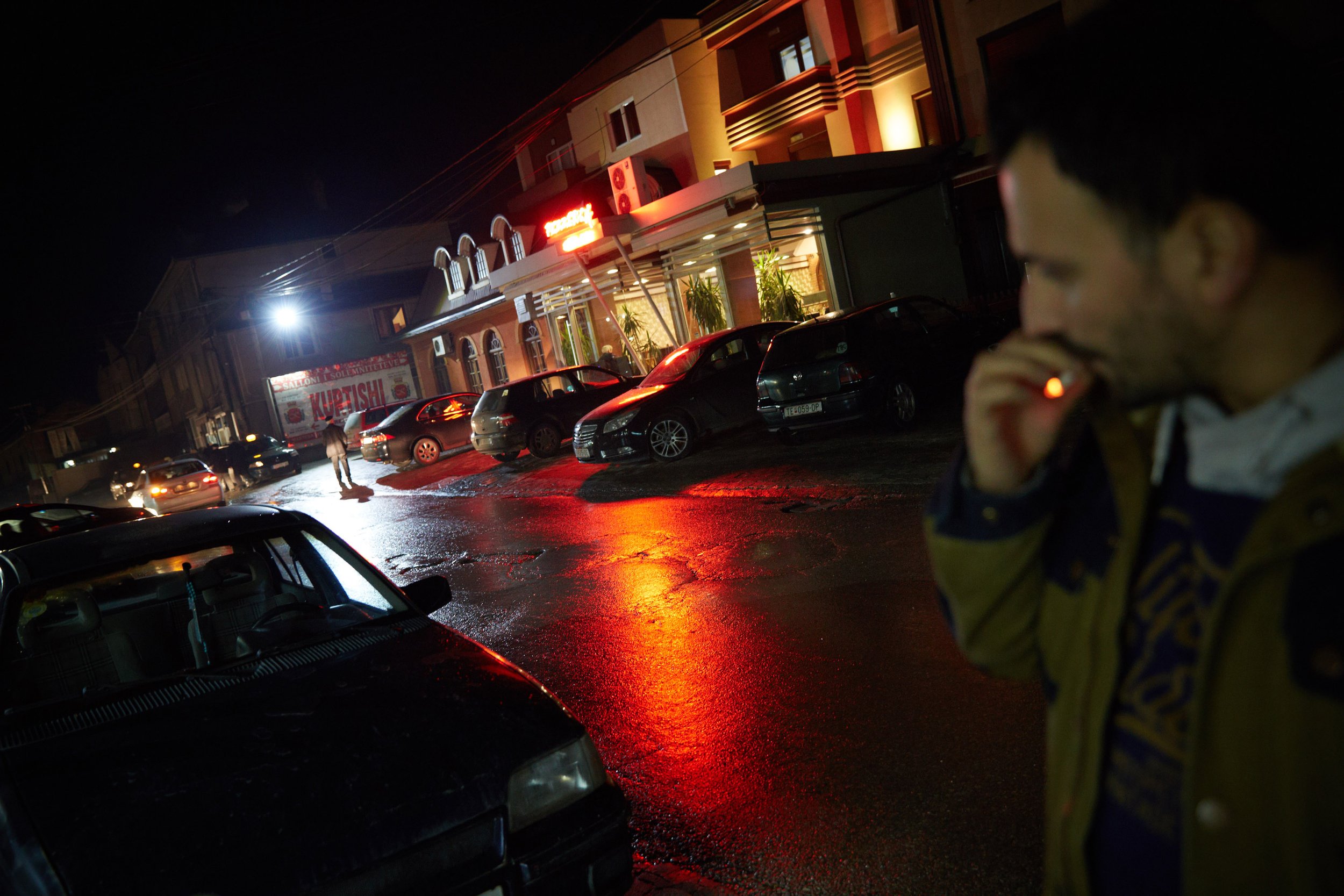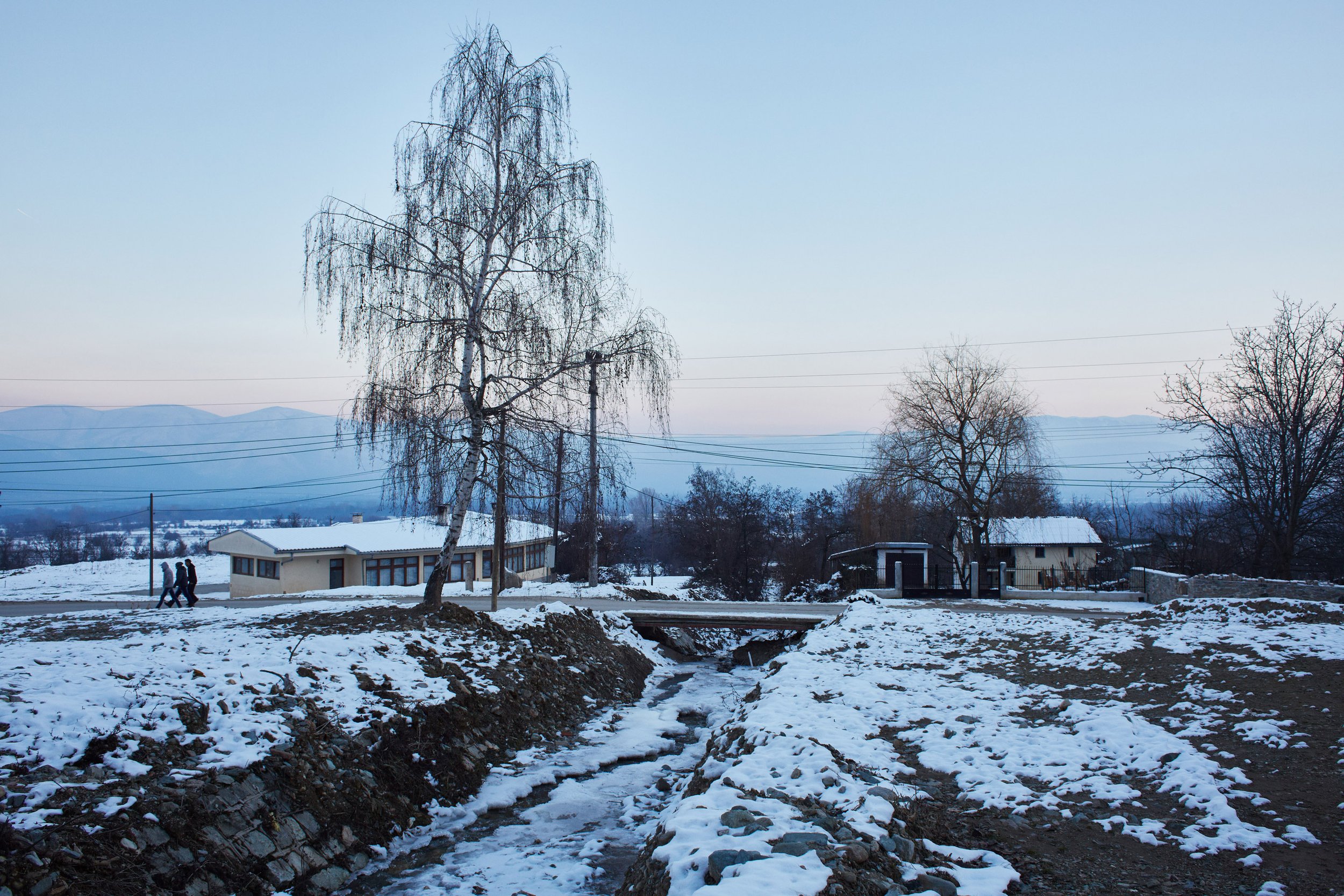



































100 Years of Struggle
In the heart of the Balkans, North Macedonia finds itself at a crossroads of history, identity, and politics. Since gaining independence from Yugoslavia in 1991, the nation has grappled with the delicate balance of fostering a cohesive national identity while navigating the diverse ethnic tapestry that defines its populace. At the core of this struggle lie ethnic tensions, exacerbated by the intricate interplay of historical narratives and contemporary political maneuvering.
Central to the discussion is the concept of "antiquisation," a contentious process aimed at strengthening North Macedonia's national identity by emphasizing its ancient roots. This initiative, often championed by nationalist factions, seeks to reclaim and celebrate the region's history, particularly its ties to the ancient Macedonian empire led by Alexander the Great. However, this endeavor is not without its controversies.
Antiquisation risks exacerbating ethnic tensions by sidelining the cultural contributions and identities of minority groups within North Macedonia, notably the sizable Albanian population. Those concerns underscore the delicate nature of nation-building in a region marked by deep-seated ethnic divisions.
The legacy of these tensions is evident in North Macedonia's political landscape, where ethnic identity frequently intersects with partisan allegiances. Against this backdrop, recent developments have sparked both hope and apprehension. The historic Prespa Agreement of 2018, which resolved a decades-long dispute with neighboring Greece over the use of the name "Macedonia," was hailed as a significant step towards regional stability. However, its implementation has been met with mixed reactions domestically, with some viewing it as a concession to external pressure and others as a necessary compromise for progress.